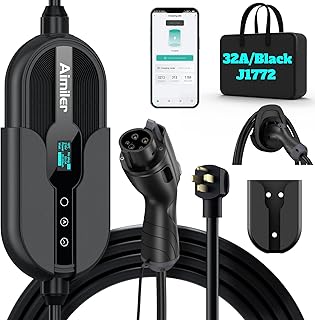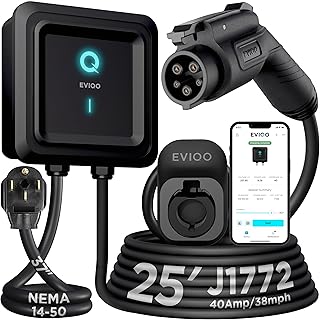Paraguay is making significant strides in the realm of electric vehicles by designing a tailored tariff system aimed at fostering private investment in the sector. The government’s focus is on creating a tariff structure that not only supports the development of charging infrastructure but also promotes the growth of electric fleets, all without relying on direct subsidies.
With an abundance of hydroelectric power generation in the country, Paraguay faces the challenge of structuring tariffs that incentivize investment without burdening the grid. The Vice Ministry of Mines and Energy is collaborating with the National Electricity Administration to define tariffs and technical conditions that will drive the electric vehicle industry forward.
The new tariff scheme will cater to different user segments, including residential, public, and corporate fleets, incorporating elements such as time-of-use and contracted power. Drawing on successful experiences from neighboring countries, Paraguay aims to create a system that encourages efficient planning and rewards intelligent energy consumption.
One of the key objectives of the tariff design is to promote night-time charging and prevent peak loads on the grid. By differentiating between slow and fast charging and offering power-based contracts for fleet operators, the system aims to ensure cost predictability and stable power access for all charging stations.
Diego Lovera from the Chamber of Automotive and Machinery Distributors highlights Paraguay’s advantage in clean and renewable electricity generation, courtesy of its hydroelectric plants. Leveraging this unique energy base, Paraguay has the potential to offer competitive electricity prices that could make electric vehicles more cost-effective than traditional fossil-fuel vehicles.
The government plans to implement pilot tariffs initially on public transport and logistics projects to assess their effectiveness before rolling out a permanent national tariff framework. By creating a conducive regulatory and economic environment, Paraguay aims to make electric vehicle operation financially viable without the need for direct subsidies.
With a focus on clean energy, technical efficiency, and collaboration between the public and private sectors, Paraguay is positioning itself as an energy innovation hub in the region. The country’s strategic approach to electric mobility is expected to drive the adoption of electric vehicles and pave the way for a sustainable and efficient transportation ecosystem.
As Paraguay moves towards implementing its first electricity tariff tailored for mobility, the integration of technical studies into concrete economic signals will be crucial for ensuring the success and sustainability of the electric vehicle industry in the country.
📰 Related Articles
- Expert Forecasts Surge in Australian Electric Vehicle Adoption Amid Oil Price Volatility
- Sydney International EV Autoshow Returns, Showcasing Electric Vehicle Evolution
- Rio Tinto Boosts American Copper Investment Amid Tariff Shift
- Porsche Taycan Turbo S 2025 Redefines Electric Vehicle Standards
- Perodua Unveils Sleek Electric Vehicle Prototype at Malaysia Autoshow 2025






